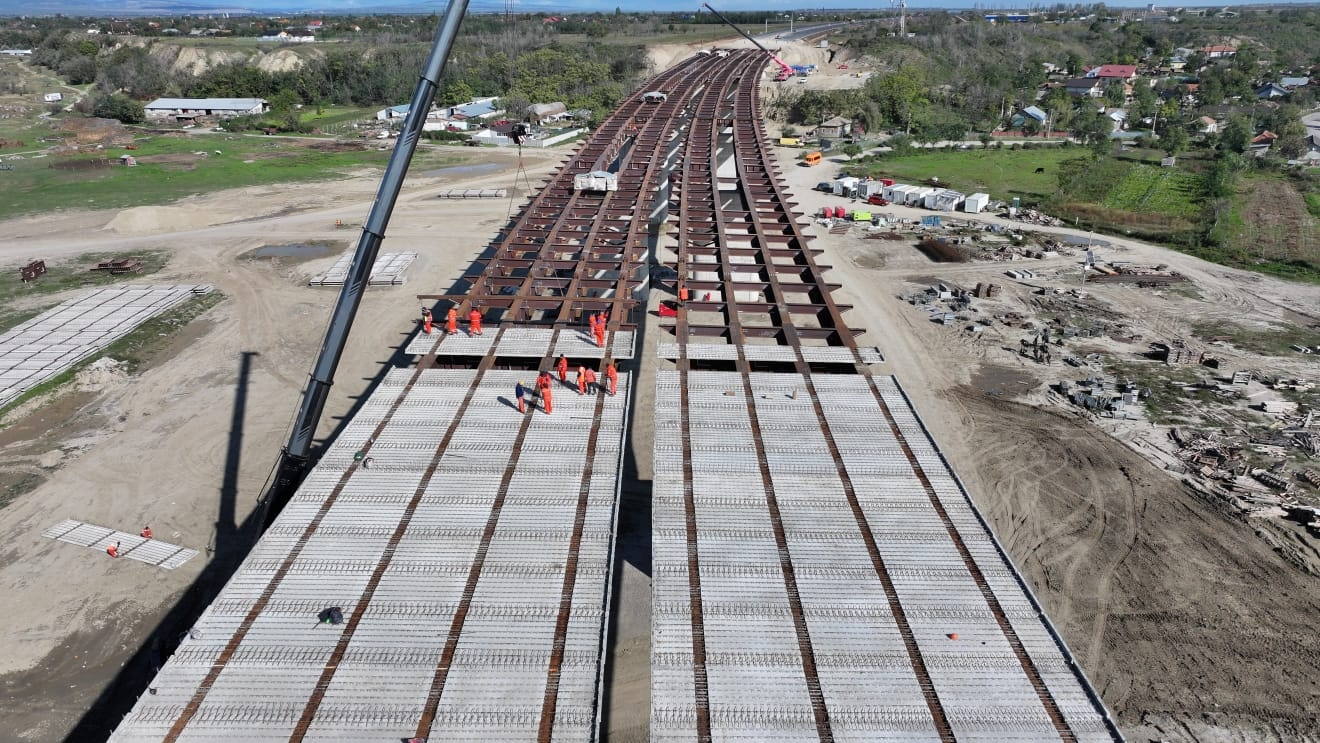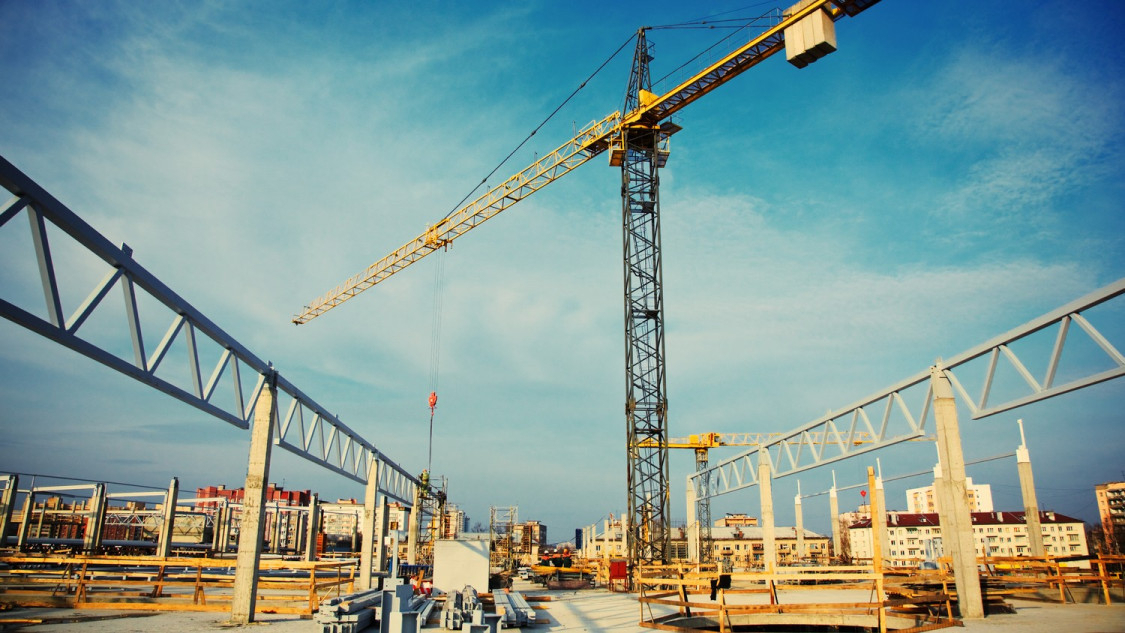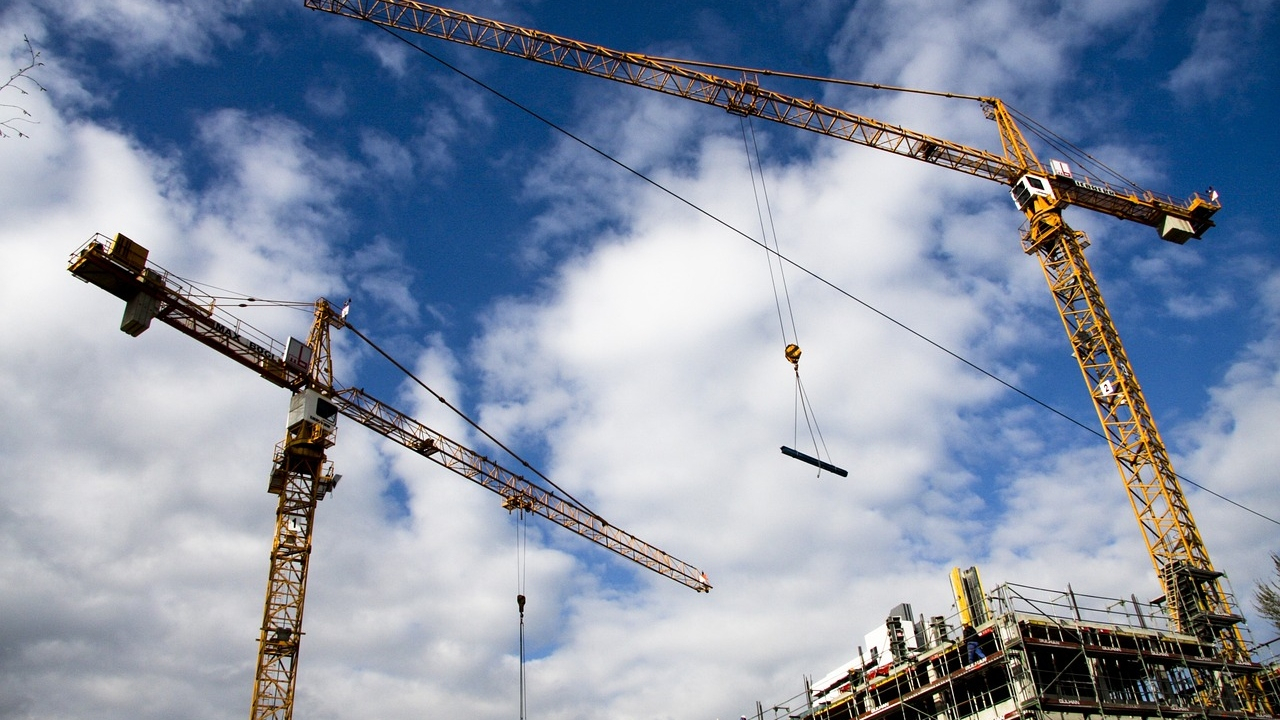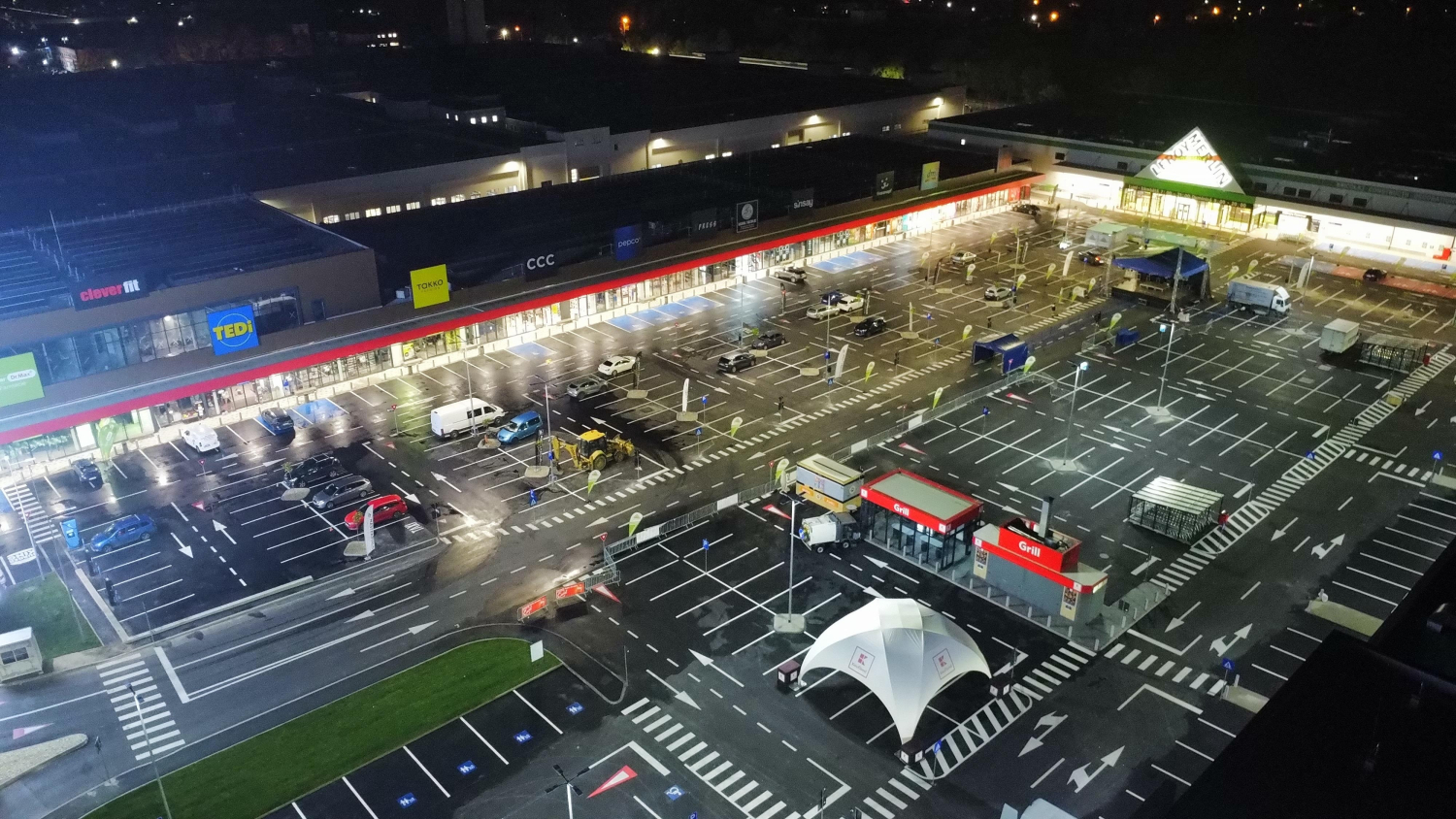In the highway sector, Romania currently has around 800 km of high-speed roads under construction, compared to an existing network of 1,100 km. Hundreds of additional highway sections are also in various stages of development, with some already out for tender, according to a Colliers' report.
Major investments are not limited to road infrastructure; railway modernization is also underway, and in the first half of this year, construction began on several major regional hospitals.
The government spent over €11 billion on EU-supported capital projects in the first half of 2024, representing about 3.3% of GDP. In comparison, during the same period in 2019, government investment spending amounted to €3.5 billion, or about 1.6% of GDP.
“Beyond unpredictable external factors, particularly concerns about the global economy, upcoming changes in the tax regime for construction workers and broader tax reforms in Romania could pose challenges. Additionally, Romania's delay in implementing the necessary reforms to maintain access to EU funds may introduce further difficulties. Therefore, while we anticipate positive results compared to recent years, achieving new highs seems unlikely. In this context, we expect pressures on the construction market to ease over the next year and a half," says Alexandru Atanasiu, Board Member & Head of Construction Services at Colliers.
The agency's experts conclude that in the medium term, the construction market remains strong, with robust demand from beneficiaries and a steady flow of projects for construction companies.











